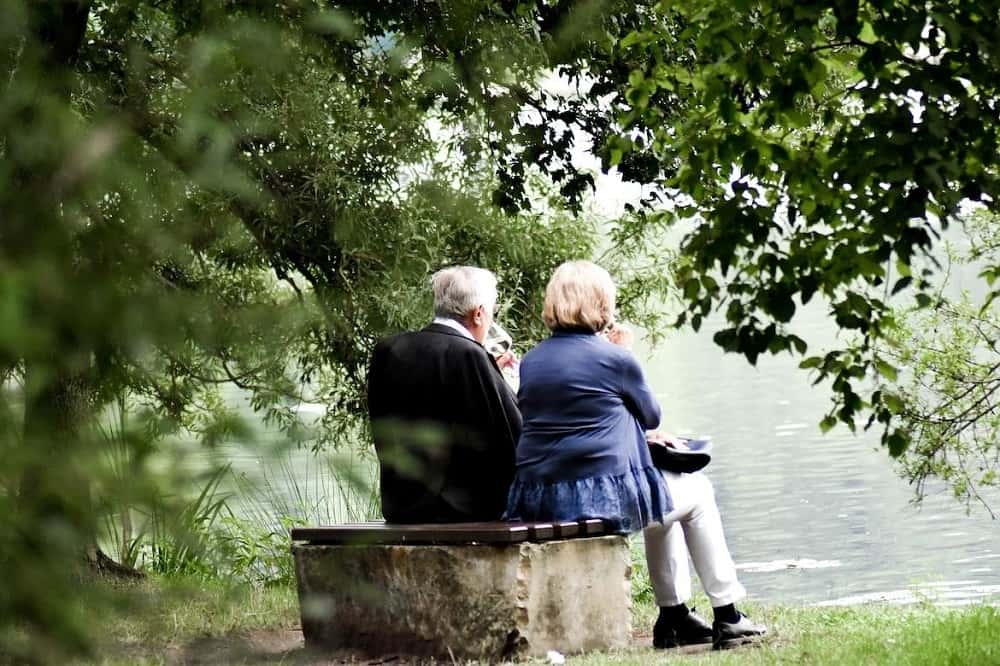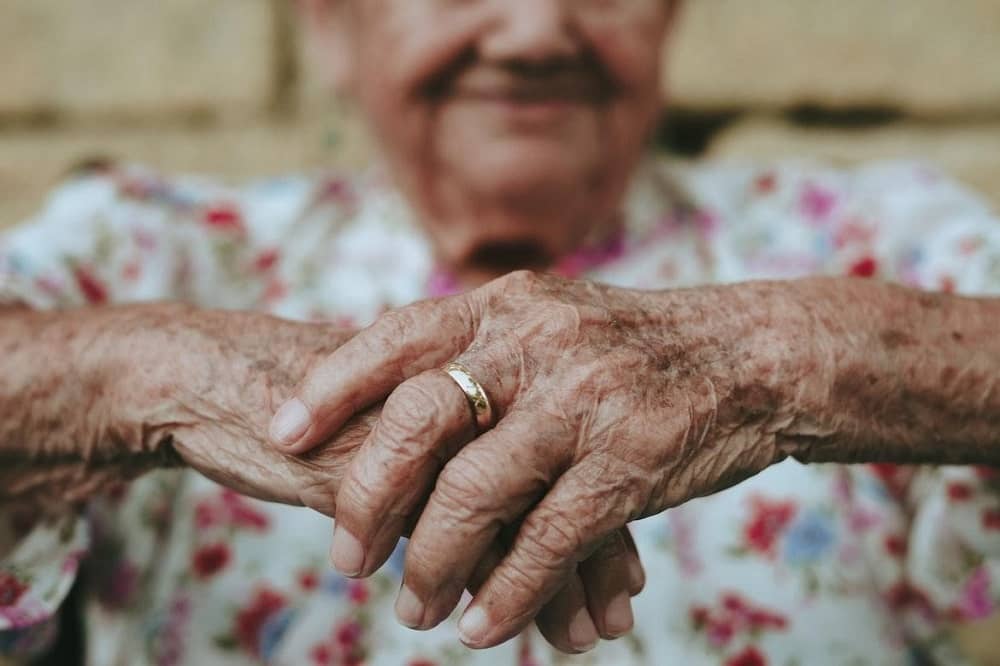Many of us, unfortunately, are or will soon be faced with the difficult decision to put a senior loved one into a nursing home. After doing all that is necessary in terms of research and visiting possible locations, we make our choice in the hope that our beloved family member will live out their remaining years peacefully and with dignity. Sadly though, nursing home abuse still exists today at an alarming rate. Knowing what warning signs to look for can ensure that if it does occur, you’ll be able to take steps toward confronting the issue before it goes any further. In this blog post, we’re going to explore some of the common red flags one should keep an eye out for when considering whether something may be amiss within their loving elder’s care facility.
Identify the common signs of nursing home abuse
Nursing home abuse is a disturbing reality that can happen to some of the most vulnerable members of our society. Identifying the signs of abuse is crucial to ensure that our loved ones receive the care and respect they deserve. Physical abuse can manifest through unexplained bruises, fractures, and cuts. Emotional abuse can take the form of neglect, humiliation, and threats. Financial abuse can involve stealing, misuse of funds, or fraudulent activities. Recognizing the warning signs of nursing home abuse is crucial to protect those who cannot protect themselves. If you suspect abuse, it is essential to act quickly and report it to the appropriate authorities. With awareness and vigilance, we can work towards creating a safer and more compassionate environment for our elderly loved ones. A reputable Palm Beach Gardens nursing home abuse lawyer can provide legal assistance and advice if you have any concerns. They can help protect your elderly loved ones from any further harm or injury. It’s important to understand that not all signs of nursing home abuse are physical and emotional – neglect is also a form of abuse, which can take the form of insufficient nutrition, hydration, hygiene, and medical care.
Understand the differences between physical and emotional abuse
Abuse can come in many forms, two of which are physical and emotional abuse. While physical abuse involves causing harm or injury through physical force, emotional abuse can be just as damaging, if not more so. Emotional abuse involves using words, actions, or absence of actions to control, humiliate, belittle, or demean someone. It can be more insidious than physical abuse as the scars can be invisible, leaving the victim feeling trapped and powerless. Both forms of abuse are serious and can have long-lasting effects on the victim’s mental and physical health. It’s essential to recognize the signs of abuse and seek help as soon as possible to prevent further harm.
Learn about identifying financial abuse by recognizing unusual charges or transactions
Financial abuse has become increasingly prevalent. It’s vital to protect our elderly loved ones from any form of abuse, including financial. Financial abusers rely on their victims to remain silent or unaware. They may use coercion, fraud, theft, and manipulation of finances and assets to take advantage of the elderly person’s resources. One way to detect financial abuse is by monitoring bank accounts for unusual charges or transactions that don’t seem to make sense. It’s also important to watch for any indication that someone is controlling the elderly person’s access to their money or making decisions about their financial matters without proper authority. It’s essential to stay vigilant and report any suspicious activities immediately.

Be aware of changes in behavior from the elderly person receiving care
As we age, our bodies and minds change, sometimes in ways that are difficult to notice. That’s why it’s important to pay attention to subtle changes in behavior from our elderly loved ones. If you are visiting a nursing home and you notice that your beloved family member is acting anxiety-ridden, withdrawn, or unresponsive, that could be an indication of abuse. It’s important to take these matters seriously and to report them if you have any suspicions. When checking up on our elderly family members, it’s also beneficial to look out for any signs of depression or changes in their environment that could hint at mistreatment or neglect.
Pay attention to any noticeable marks or bruises on the elderly person receiving care
With age, our bodies become more fragile and susceptible to injury. That’s why it’s crucial to pay close attention to any noticeable marks or bruises on the elderly person receiving care. These could be signs of abuse or neglect, which unfortunately do occur in some care settings. By being vigilant, we can ensure that our loved ones are being treated with the respect and care they deserve. Remember, communication is key – if you notice anything of concern, be sure to talk to both the elderly person and their caregivers to ensure that appropriate action is taken.
Recognize any attempts to isolate the elderly person receiving care from family and friends
The love and support of family and friends become even more crucial to our well-being as we age. However, it’s not uncommon for some elderly individuals to be isolated from their loved ones, especially when they’re receiving care from a caregiver. This isolation can occur intentionally or unintentionally, and it often goes unnoticed. But why is isolation so harmful? It can cause feelings of loneliness and depression, lead to cognitive decline, and even increase the risk for physical health problems. That’s why it’s essential to be aware of any attempts to isolate an elderly person receiving care and take action to ensure they are not cut off from their support system.
Although it is easy to overlook potential signs of nursing home abuse, it is important to be vigilant in order to prevent harm from coming to an elderly person receiving care. By using the tips outlined above, family members and friends can be better equipped to identify signs of physical, emotional, and financial abuse in their loved one’s care facility. It is never too late to bring awareness and attentiveness to a situation in which a vulnerable person may be at risk of experiencing neglect or mistreatment. Monitoring changes in behavior for any unexplained reasons should not go unnoticed and ensuring frequent visits with the elderly person receiving care are just some of the steps that can help keep them safe. Nursing home abuse is both preventable and treatable with knowledge and an aggressive approach when it comes time for action.

